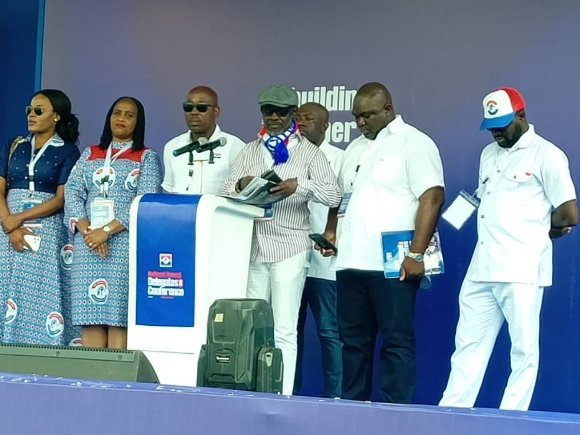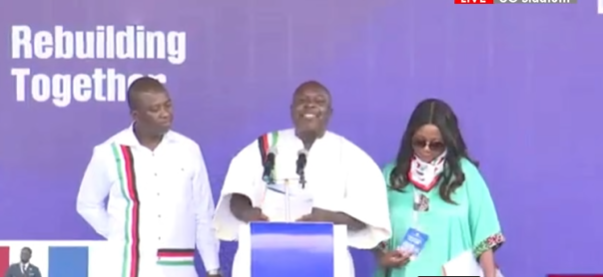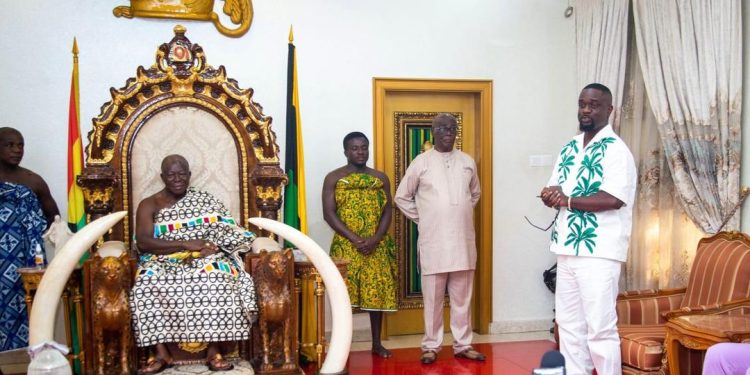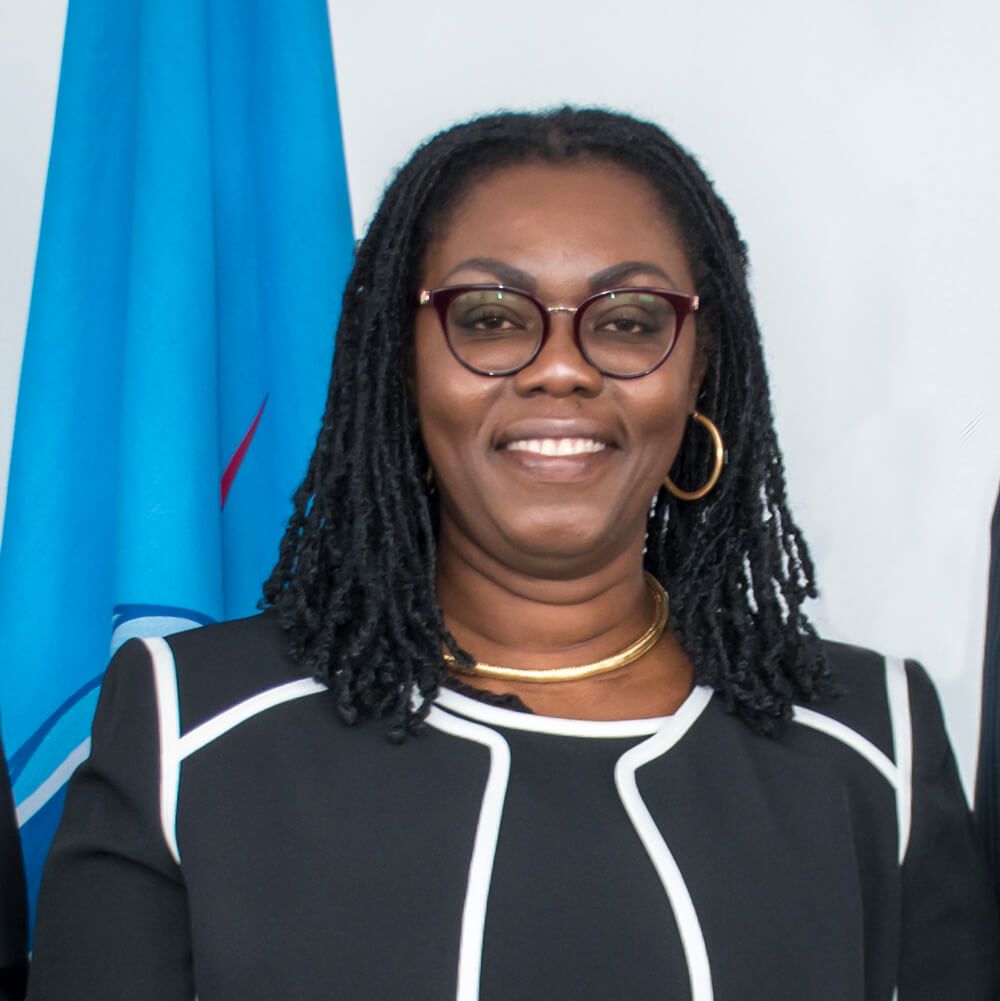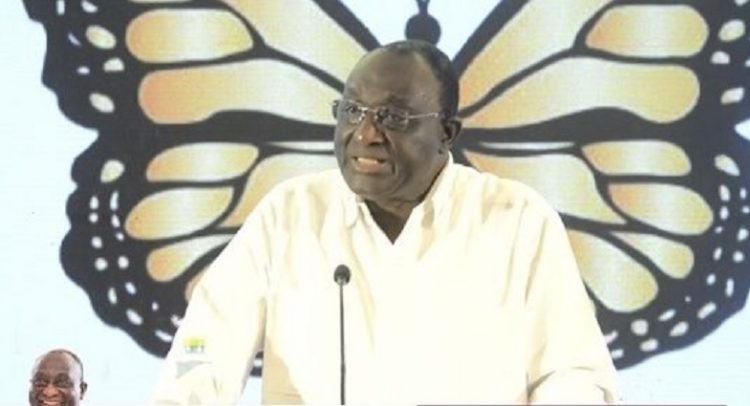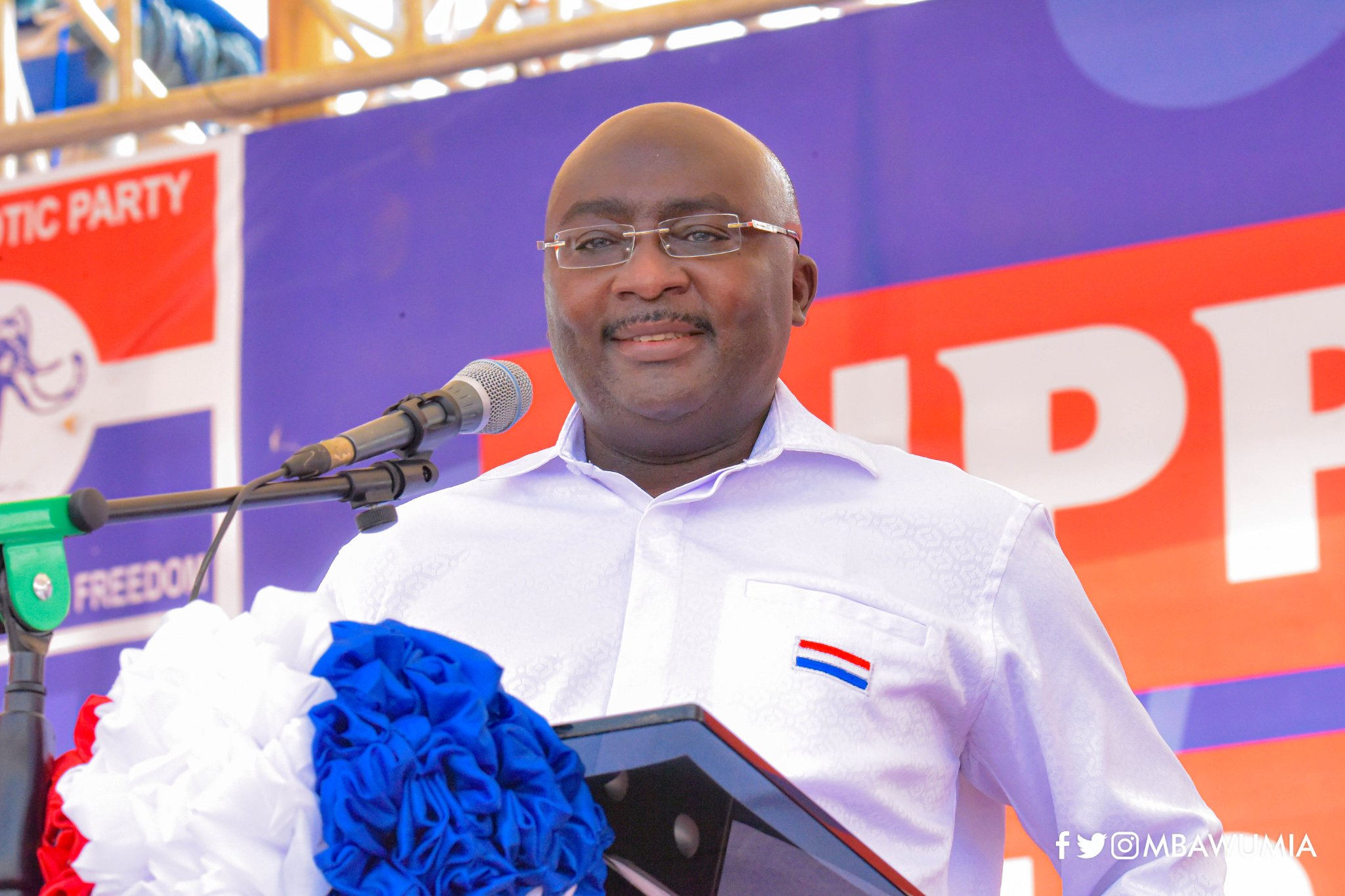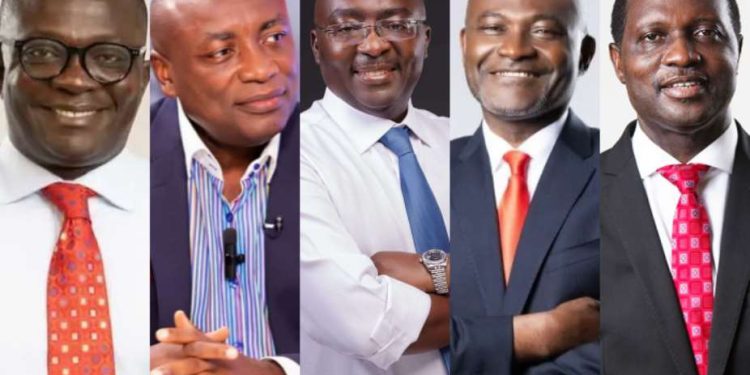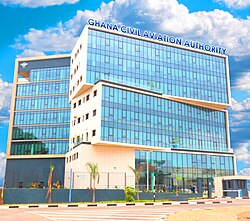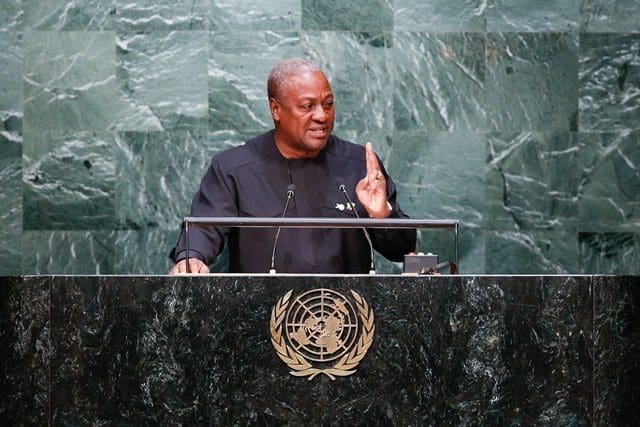The New Patriotic Party (NPP) has approved 54 motions aimed at overhauling internal structures and streamlining policy direction as the party prepares for the 2028 general elections.
Delegates adopted the proposals during the party’s National Delegates Conference held Saturday, July 19, in Accra. Party leaders described the reforms as part of a broader effort to bolster grassroots engagement, enhance governance mechanisms, and modernize the party’s operations in line with evolving political dynamics.
The approved motions address a range of issues, including electoral reforms, constitutional amendments, grassroots empowerment, and internal accountability measures. However, delegates drew a hard line on two controversial proposals—Motion 17 and Motion 54—rejecting both during an open vote on the conference floor.
Pushback on Centralized Oversight
Motion 17 sought to revise Article 7(30) of the NPP Constitution by granting Regional Executive Committees the authority to appoint supervisory personnel for polling station and electoral area elections—excluding constituency, electoral area, and polling station officers from the process.
Critics warned the change would centralize power at the regional level, weakening local structures and eroding the party’s foundational bottom-up model. Delegates ultimately dismissed the proposal, emphasizing the need to safeguard grassroots accountability.
Youth Definition Redraw Rejected
Motion 54, spearheaded by Minister of Information Kojo Oppong Nkrumah, proposed redefining “youth” in the party constitution to mean members under the age of 35, aligning with international norms set by the United Nations and the African Union. Ghana’s own National Youth Authority Act currently defines youth as individuals aged 15 to 25.
Despite its global benchmarks, the motion failed to gain traction. Opponents argued the change would dilute the focus on younger party members and risk marginalizing those in the 15–25 bracket the party traditionally targets for leadership development.
The rejection of both motions signals a broader resistance within the party to reforms perceived as undermining grassroots control or altering established demographic representations.
Party officials say the remaining motions will be implemented over the next year as part of an internal modernization agenda intended to sharpen the NPP’s electoral edge ahead of the 2028 contest.



